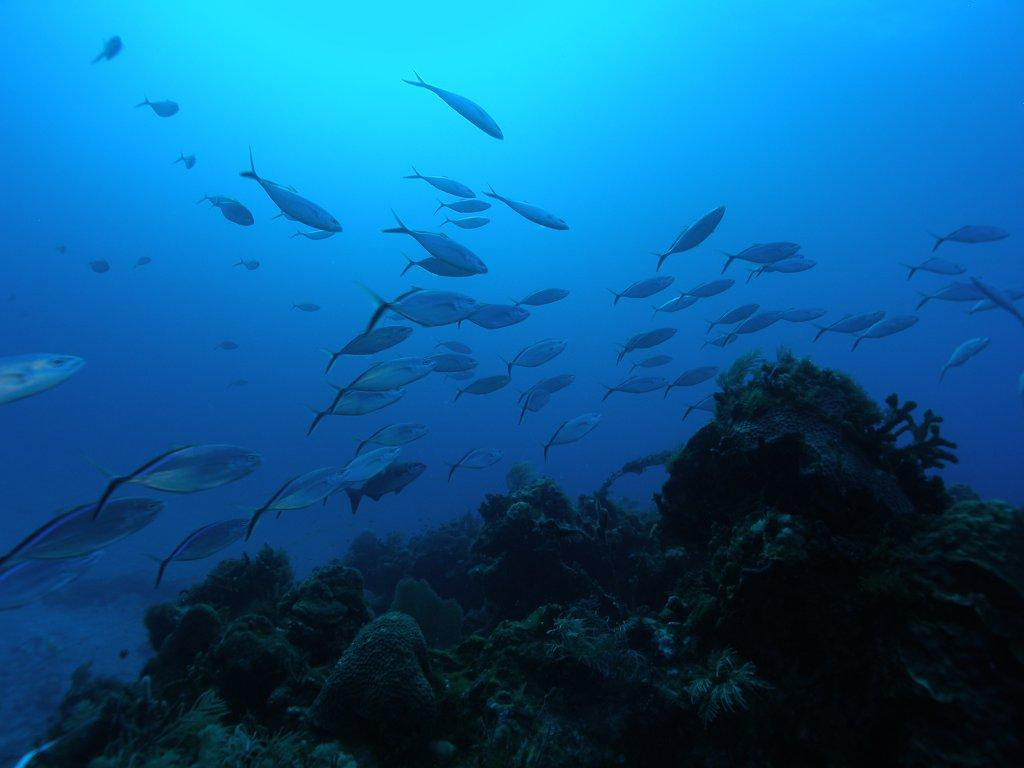During 2017 and 2018, ENT participated in a research project funded by the European Commission that sought to evaluate the direct economic benefits of Marine Protected Areas (MPAs) and other spatial protection measures including no-take marine reserves, multiple-use marine protected areas, spatial protected areas, as well as de facto reserves.
Some scientific evidence demonstrates that Marine Protected Areas (MPAs) are an important tool for protecting vulnerable marine species and habitats. By supporting the resilience of ecosystems, MPAs can also maintain and generate goods and services that can benefit different sectors in the blue economy. However, the establishment of these forms of protection is often seen as primarily imposing restrictions and costs on economic activities, creating aversion towards their establishment and protection.
Therefore, a better understanding of these links may help to plan and manage MPAs so that the flow of benefits to the environment and to society are maximized. It can also help build local support, acceptance and innovation and, ultimately, encourage people to comply with the rules of the protected area.
Therefore, based on the understanding that it is important to improve our knowledge of the links between MPAs and local users and recognize that people and local communities are a key part of achieving sustainable global use of the seas, this research had as a purpose to gather the existing evidence on the benefits of the blue economy of MPAs in order to feed future debates and decisions on marine management and identify new research needs.
During the first part of the study, an exhaustive review of the literature and existing evidence on the benefits of MPAs on fishing activities, maritime tourism and other sectors of the blue economy in Europe was carried out. The research also served to identify best practices in terms of measures that enable the realization of such benefits, including means of addressing stakeholder conflicts that may arise, as well as measures to encourage synergies across sectors.
The report concludes that MPAs and other spatial protection measures can provide benefits to the fishing and tourism sectors, in particular to divers and to fishermen using static fishing gears targeting low-mobility and benthic species. However, there are significant data gaps and very few studies able to compare before and after designation of an MPA or analyze the net impacts on economic sectors.
The available evidence of economic benefits to fishermen is basically focused on spillover effects from “no-take zones”, including examples of increased catches in surrounding areas for a range of gear types and target species. For the tourism sector, we found several examples of MPAs generating an increase in the number of visitors and related local business opportunities. However, we found no studies looking at benefits provided by MPAs to other blue economic sectors, an aspect that the report also tries to explain.
With regards to ensuring the sustainable use of these areas, the report highlights a range of examples of how maritime tourism can be managed to avoid overexploitation of protected areas, through, for example, communication activities and ensuring the effective implementation of management plans. The study also demonstrates stakeholder support growing as a result of more active involvement and participation in the MPA management, learning from other MPAs, and from watching benefits accrue over time.
Finally, the report identifies and analyzes case studies which have tried to compare costs and benefits of MPAs and other spatial protection measures. It finds that the monetary valuation of the costs associated with the creation of an MPA is generally more complete than for the benefits, and that a large proportion of the benefits accounted for relate to non-marketed improvements in welfare. Nonetheless, the studies that have been carried out so far conclude that the overall welfare benefits of MPAs exceed their total costs.
ICF Consulting Services Limited (ICF) was the entity responsible for managing the project, together with the European Environmental Policy Institute (IEEP) and Plymouth Marine Laboratory (PML). The research was also supported by several experts in regional seas, among which Fundació ENT. Amongst other tasks, Fundació ENT was responsible for two cases studies in Spain: the Cabrera Archipelago Maritime-Terrestrial National Park (Balearic Islands) and the Marine Reserve of Fishing Interest “Os Miñarzos” (Galicia). Cases that have had the external support of Tursiops Association for the Cabrera’s case and the Lonxanet Foundation for the “Os Miñarzos” case.
Bearing in mind that 2020 is the deadline to achieve sustainable fisheries for all harvested species, the main objective of the EU Common Fisheries Policy, and that 2020 is also the deadline for the first implementation cycle of the EU Marine Strategy Framework Directive, whose main goal is to achieve a Good Environmental Status of EU marine waters by 2020, the results of this study provide useful insights about the links between economic sectors and spatial conservation measures at sea. We hope that our results will be used to improve the management of Marine Protected Areas and other spatial protection measures.

